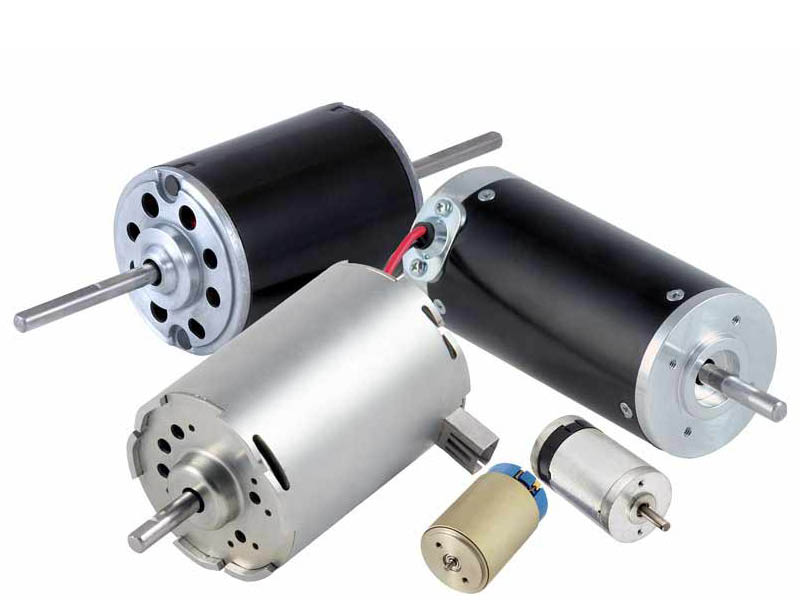
Electric motors are an integral part of nearly every industry. To prevent endpoint equipment damage from power surges or wear, you need to choose the right motor for your application. And not just that, using high-quality parts and by regularly servicing it, will add to the life of your electric motor.
AC motors convert electrical energy into mechanical energy using alternate power while DC motors use a direct electrical connection.
Each motor type, be it AC or DC, has its own advantages and disadvantages that make them suitable for specific commercial or industrial applications.
So, what makes DC motors a better option than the AC option? In this article, we take a look at the advantages of DC motors.
Read More About: Unblocked games 66 ez
Higher starting torque
The main advantage that puts DC motors ahead of AC motors is their higher starting torque. A higher starting torque makes it easier to move heavier loads and even absorb sudden rises in load. As the speed of the DC motor adjusts to the load, DC motors can be used in applications that need constant torque or variable-speed torque.
Having a direct connection means that the torque remains constant throughout the speed range all the way from zero speed, giving it faster response times to starting, stopping, and acceleration
Seamless operation
Due to their ability to deliver a wide range of controllable power across a range of speeds, DC motors offer the advantage of a seamless operation. To meet the requirements of some industries, DC motors are a must as they are able to efficiently start and stop an operation. A DC motor offers rapid acceleration, reverse direction capabilities and start/stop efficiency, making it a good choice for these applications.
Linear speed-torque curve
A motor should ideally deliver the required power and torque demanded by the equipment, at the required speed. DC motors produce a speed-torque curve that is more linear than AC motors.
No harmonic effect
Unlike AC motors, DC motors are not susceptible to harmonic effects. Harmonic issues can lead to a lot of problems including damaging the equipment due to excessive heat, extreme noise, motors failing prematurely or misfiring during use, ultimately leading to loss of production.
Improved speed control
DC motors are better in terms of controlling the speed of the application. A consistent speed is necessary to ensure constant product quality. DC motors are ideal for applications that need continuous low-speed torque or variable torque.
Easier installation and maintenance
DC motors allow a lot more flexibility in monitoring, maintaining and repairing when compared to AC motors.
If your industrial applications need constant low-speed torque or precise speed adjustments, then DC motors are a better choice. With a lot more advantages than their AC counterparts, such as easier to maintain, superior speed control without harmonic effects and having a higher starting torque, DC motors can be used for many industrial applications with the required power and torque.
DC motors are one of the most commonly used motors in many industrial applications. To know more about the different types of DC motors, visit our website.


